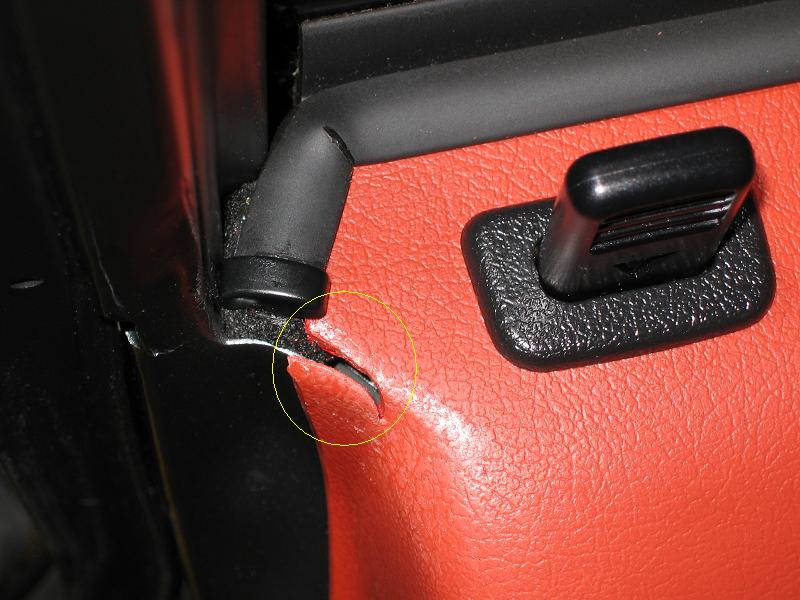
Originally Posted by
SGT.BATGUANO
UPDATE:
I'm going to follow the numerous suggestions regarding compliance. This means the pics will be coming down soon; for the time being. I don't think it's the proper fix anyway. The point is that they knew/know about the problem/ defect and hid it from consumers.
Call your local news channel and report it. They have consumer divisions that look onto this for you and may even air a story on tv about it. That usually gets things happening. I know here in DC, there is one particular woman who does a nightly consumer spot where she actually reads letters and such by folks with these exact situations and she has her department dig into it. Always a happy ending it seems.
Just an idea to get free grunt work done.
Gary Noonan
'01 S/C VX / '18 Forester XT
Originally Posted by Moncha





 Reply With Quote
Reply With Quote





